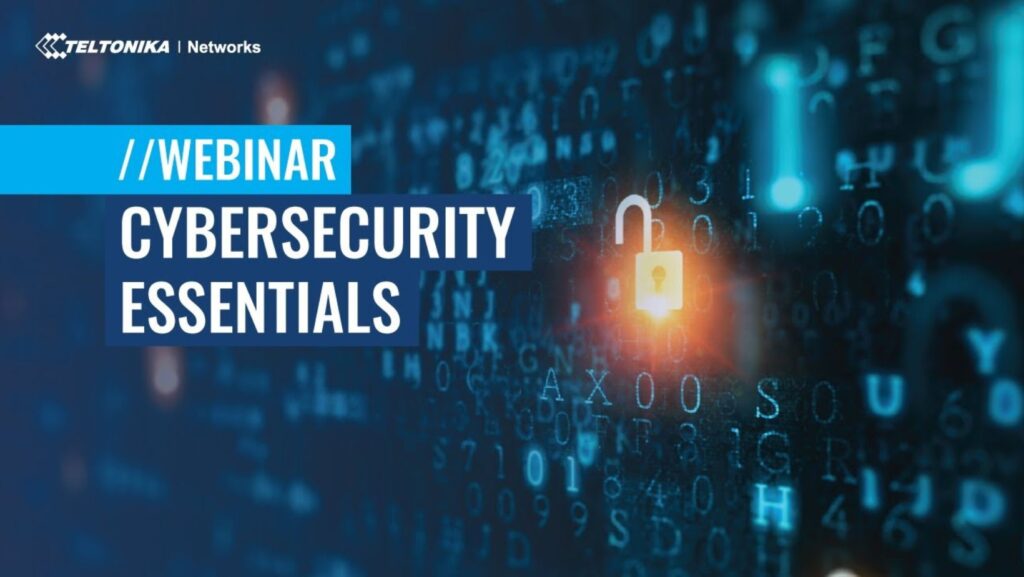Cybersecurity Essentials
As a cybersecurity professional, I understand the importance of cybersecurity essentials in today’s digital landscape. In an era where cyber threats are becoming more sophisticated and prevalent, safeguarding sensitive information is paramount. From personal data to corporate secrets, ensuring robust cybersecurity measures is non-negotiable.
When it comes to cybersecurity essentials, one cannot overlook the significance of strong passwords. Passwords serve as the first line of defense against unauthorized access. Implementing complex passwords comprising a mix of letters, numbers, and special characters can significantly bolster security posture. Regularly updating passwords and refraining from sharing them with others are fundamental practices in maintaining a secure online presence.
Moreover, staying informed about the latest cybersecurity trends and potential vulnerabilities is crucial for preemptive action. Cyber attackers are constantly evolving their tactics, emphasizing the need for proactive monitoring and threat intelligence. By remaining vigilant and adopting a proactive stance towards cybersecurity, individuals and organizations can mitigate risks effectively in an ever-changing digital environment.

Overview of Cybersecurity Essentials
When it comes to navigating the digital landscape securely, understanding Cybersecurity Essentials is paramount. As cyber threats continue to evolve in sophistication and frequency, individuals and organizations must prioritize safeguarding their digital assets. From protecting sensitive data to defending against malicious attacks, having a robust cybersecurity framework in place is no longer optional—it’s a necessity.
In today’s interconnected world, the concept of cybersecurity extends far beyond installing antivirus software or setting strong passwords. It encompasses a comprehensive approach to identifying vulnerabilities, mitigating risks, and responding swiftly to incidents. By staying proactive and vigilant, we can fortify our defenses and minimize the potential impact of cyber threats.
As we delve deeper into the realm of cybersecurity essentials, it becomes evident that education plays a crucial role in enhancing overall awareness and preparedness. Training employees on best practices for data protection, recognizing phishing attempts, and adhering to security protocols can significantly reduce the likelihood of successful cyberattacks. Additionally, fostering a culture of cybersecurity awareness within an organization fosters a collective responsibility towards safeguarding sensitive information.
Furthermore, leveraging advanced technologies such as encryption, multi-factor authentication (MFA), intrusion detection systems (IDS), and security information and event management (SIEM) tools are instrumental in bolstering defense mechanisms against evolving cyber threats. Implementing these technologies alongside regular security audits and updates ensures that our cybersecurity posture remains robust and adaptive in the face of emerging challenges.
By embracing Cybersecurity Essentials as a cornerstone of our digital practices, we empower ourselves to navigate cyberspace with confidence and resilience. Through continuous learning, strategic investments in technology, and promoting a culture of vigilance across all levels of an organization, we pave the way for a more secure digital future for both individuals and businesses alike.

Importance of Cybersecurity
Cybersecurity is CRUCIAL in today’s digital landscape. As technology advances, so do the methods of cyber attacks. Without adequate protection, individuals and organizations are vulnerable to various threats that can compromise sensitive information, financial data, and even national security.
One key reason for the IMPORTANCE OF CYBERSECURITY is the sheer volume of cyber attacks that occur daily. According to a recent study by a leading cybersecurity firm, there were over 3.5 billion reported cyber attacks in the last year alone. These numbers highlight the constant threat posed by malicious actors seeking to exploit vulnerabilities in systems.
Furthermore, investing in cybersecurity not only protects against external threats but also safeguards against internal risks such as employee negligence or inadvertent data breaches. A robust cybersecurity strategy includes training employees on best practices, implementing secure protocols, and regularly updating software to mitigate potential weaknesses.
In addition to safeguarding data and systems, strong cybersecurity measures inspire TRUST among clients and partners. When customers feel confident that their information is secure with a company, they are more likely to engage in transactions and share personal details without hesitation. This trust is invaluable in building long-term relationships and maintaining a positive reputation within the industry.


